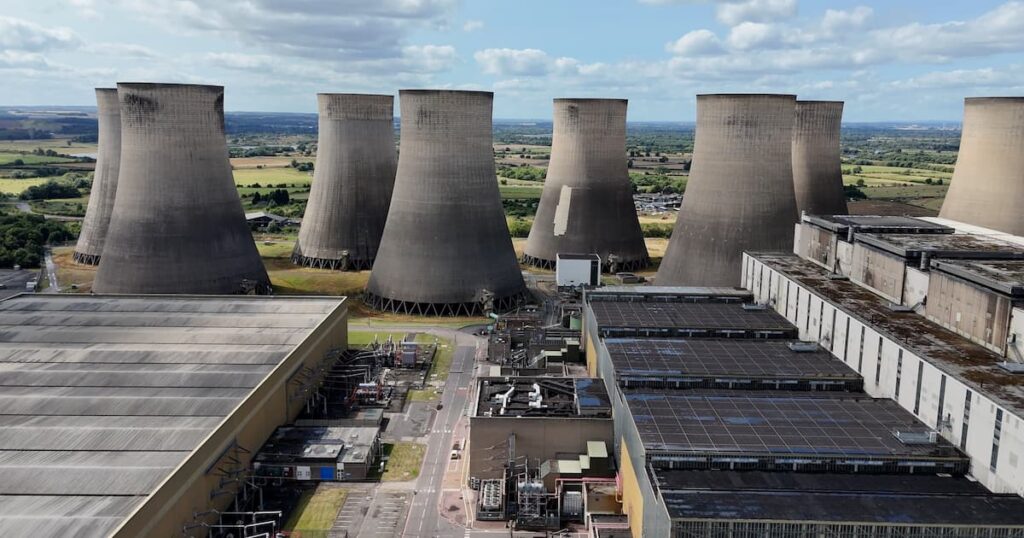How the UK became the first G7 country to phase out coal power
Background
The UK has a rich history of coal mining, with the first recorded use of coal dating back to the 13th century. However, the energy landscape has changed significantly in recent years, and coal’s role in the energy mix has diminished.
A shift towards renewables
Renewable energy sources have become increasingly cost-competitive with fossil fuels, leading to a decline in demand for coal. Solar and wind power, in particular, have seen a dramatic increase in deployment over the past decade.
The policy shift
In 2015, the UK government set out its intention to end unabated coal-fired power by 2025. The policy was designed to address concerns around air pollution and climate change.
The Clean Growth Strategy
The 2017 Clean Growth Strategy outlined the government’s ambition to reduce greenhouse gas emissions to nearly zero by 2050. To achieve this, the strategy outlined a range of measures to reduce emissions from industry, transport, and energy consumption.
The industry response
The coal industry responded quickly to the policy shift. Several coal-fired power plants were closed or repurposed, and some firms invested in renewable energy sources.
Newbuilds and repurposing
Rather than building new coal plants, the industry focused on repurposing existing ones. For example, several plants were converted to burning biomass or natural gas instead of coal.
Challenges and outcomes
Although the phase-out has brought benefits, there have also been challenges. The power system has had to adapt to the loss of fossil fuel capacity, and wholesale electricity prices have increased slightly.
Economic benefits
Despite these challenges, the phase-out has had numerous economic benefits. The solar and wind industries have experienced significant growth, creating jobs and stimulating local economies. Additionally, the phase-out has helped to improve public health by reducing air pollution.
Conclusions
The UK’s phase-out of coal power has made it the first G7 country to achieve this feat. The shift has helped to reduce greenhouse gas emissions, improve public health, and stimulate the economy.
FAQs
Q: Why is the UK phasing out coal power?
A: To reduce greenhouse gas emissions, improve public health, and meet climate change goals.
Q: Has the phase-out affected power prices?
A: Wholesale electricity prices have increased slightly due to the loss of fossil fuel capacity, but changes to the energy system will help to mitigate these price increases.
Q: What are the plans for the former coal plants?
A: Some former coal plants have been repurposed to burn biomass or natural gas, while others have been decommissioned.


.png?w=150&resize=150,150&ssl=1)



_2.png?w=150&resize=150,150&ssl=1)
_1.png?w=150&resize=150,150&ssl=1)